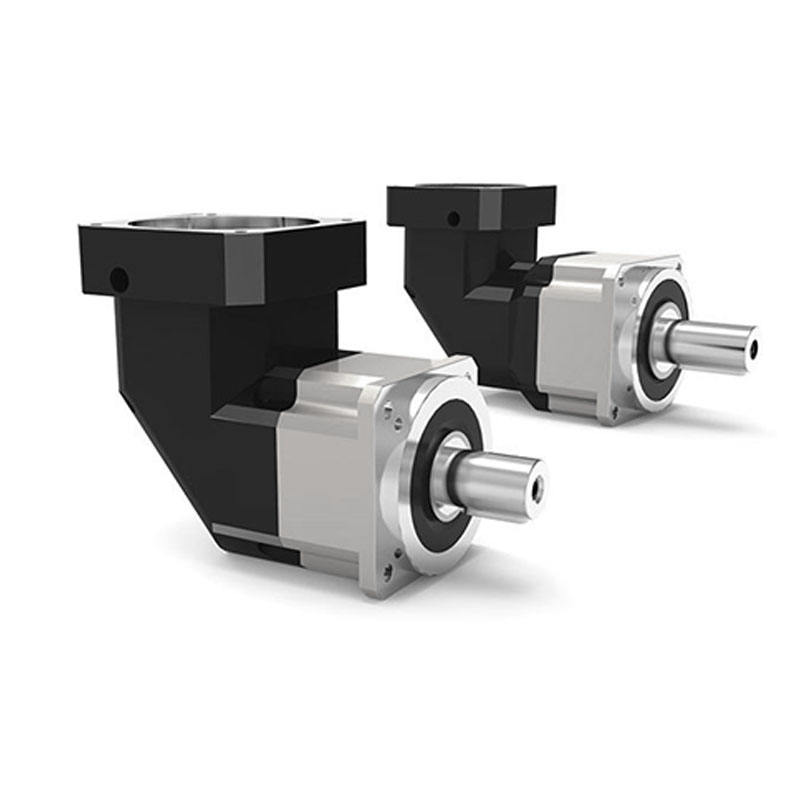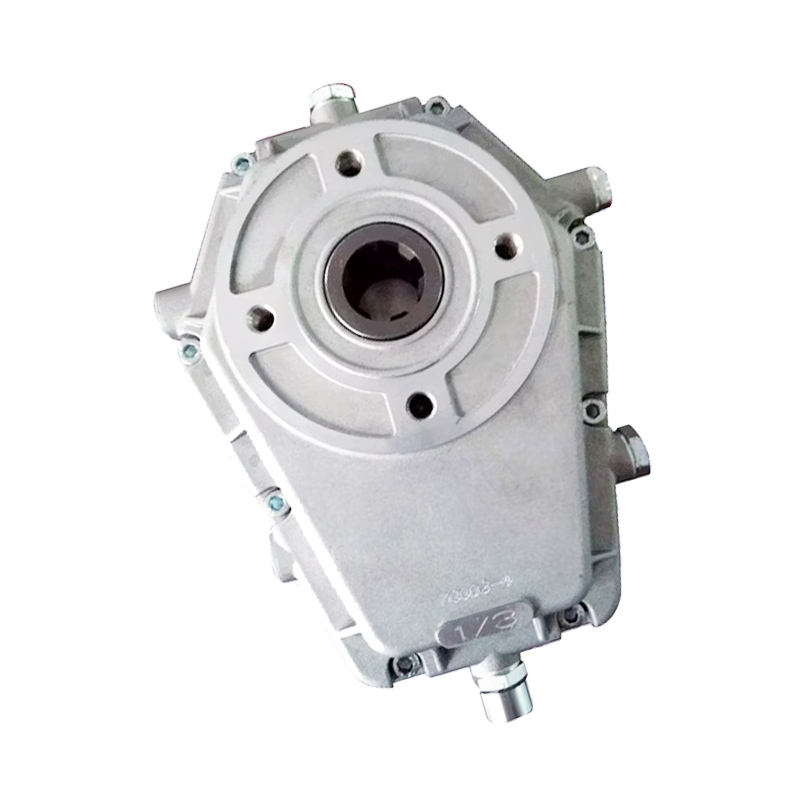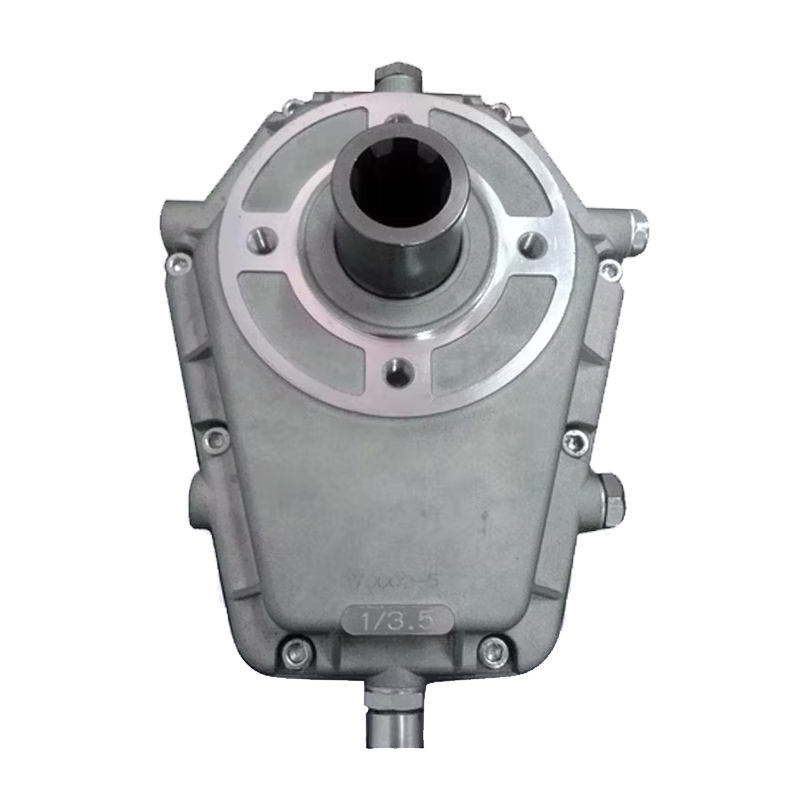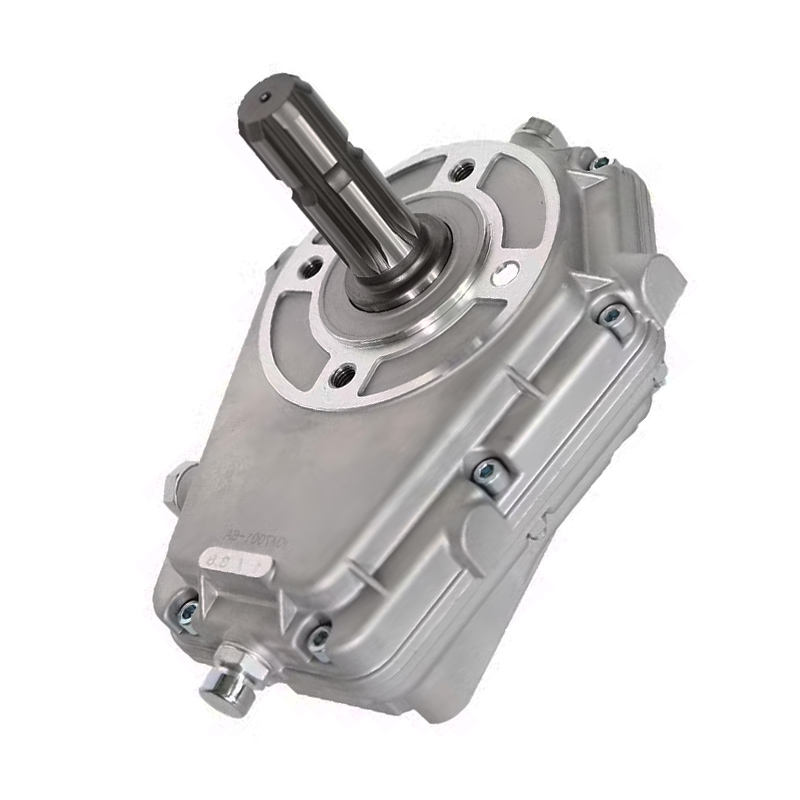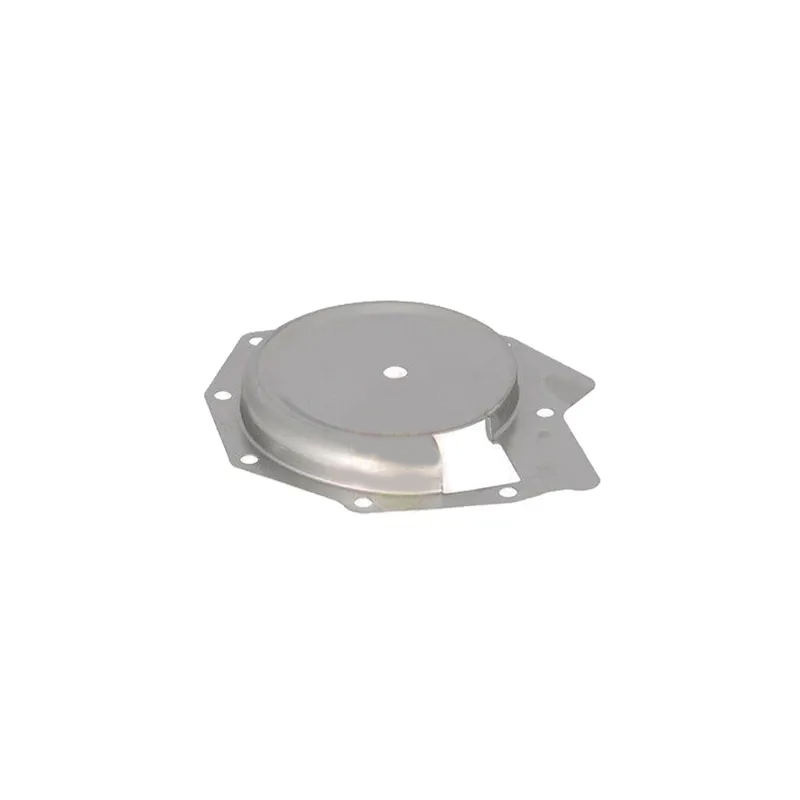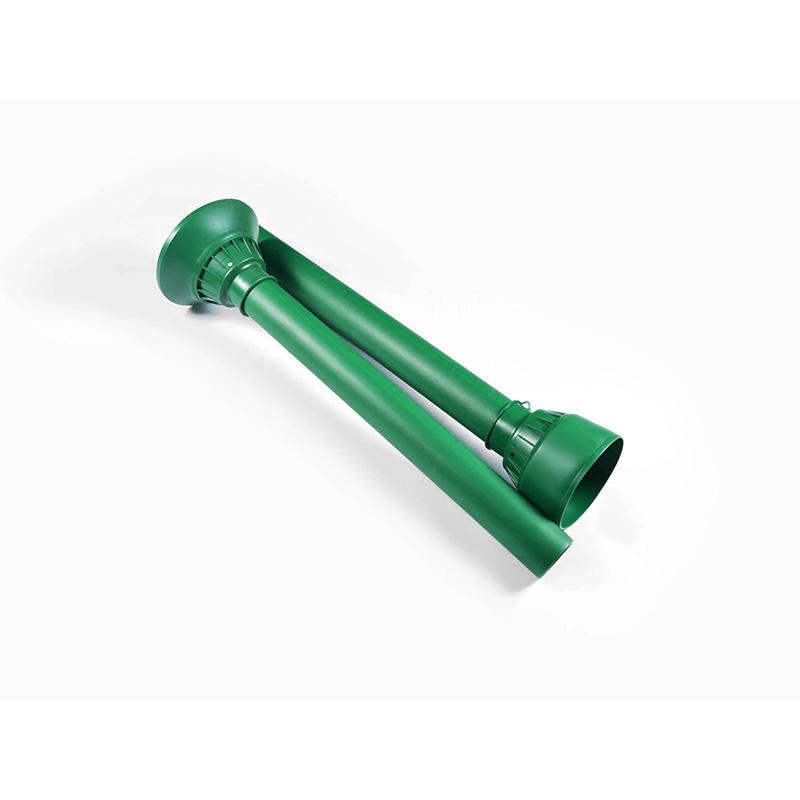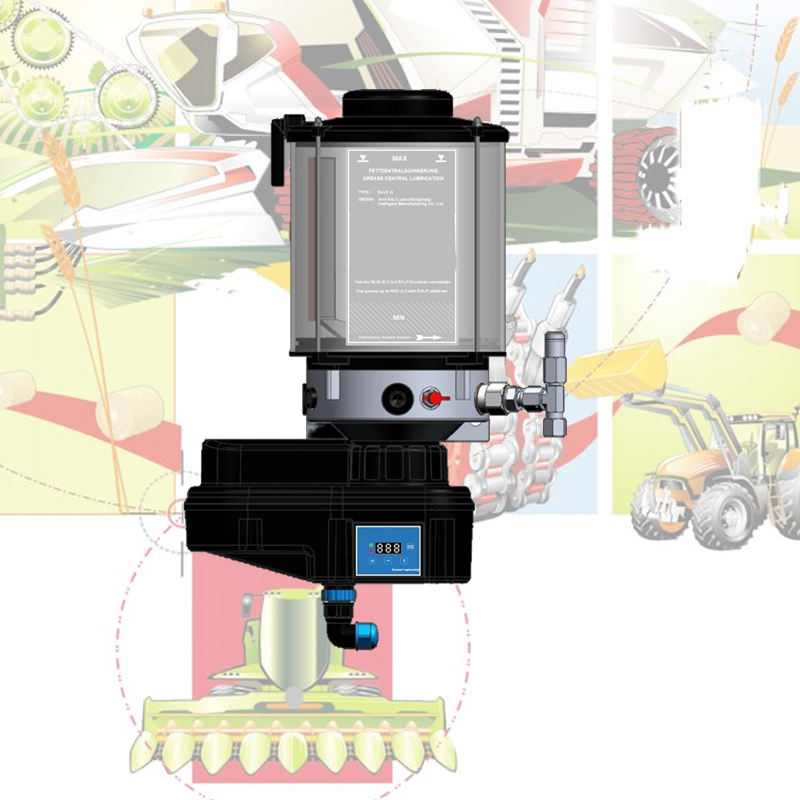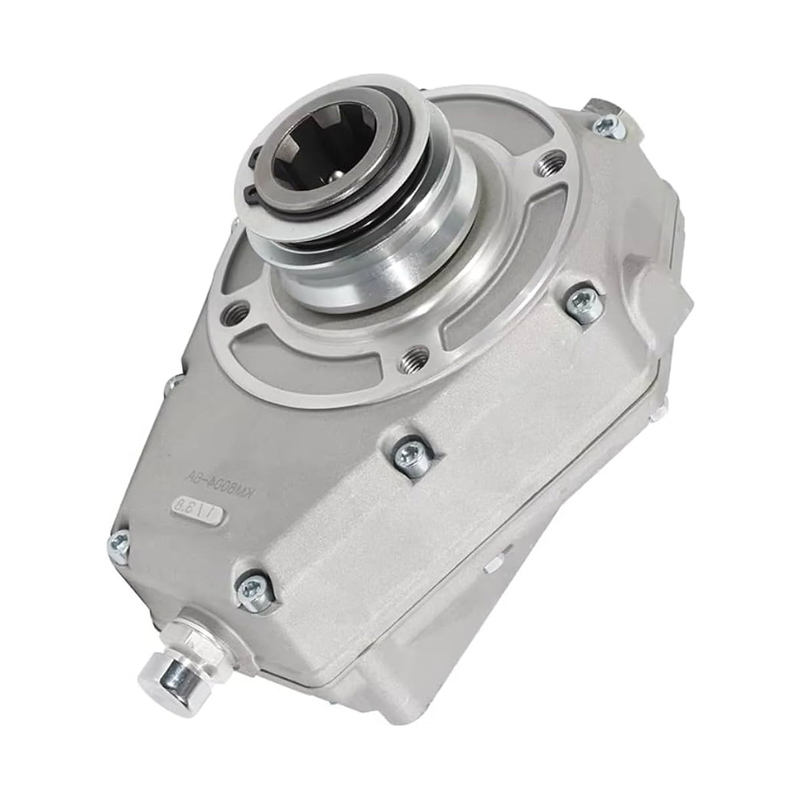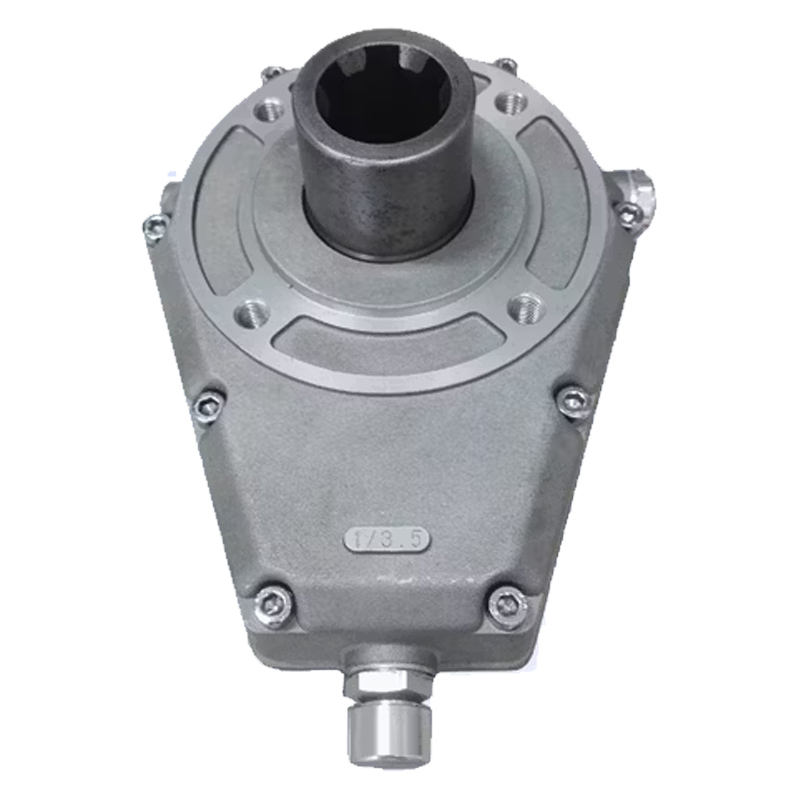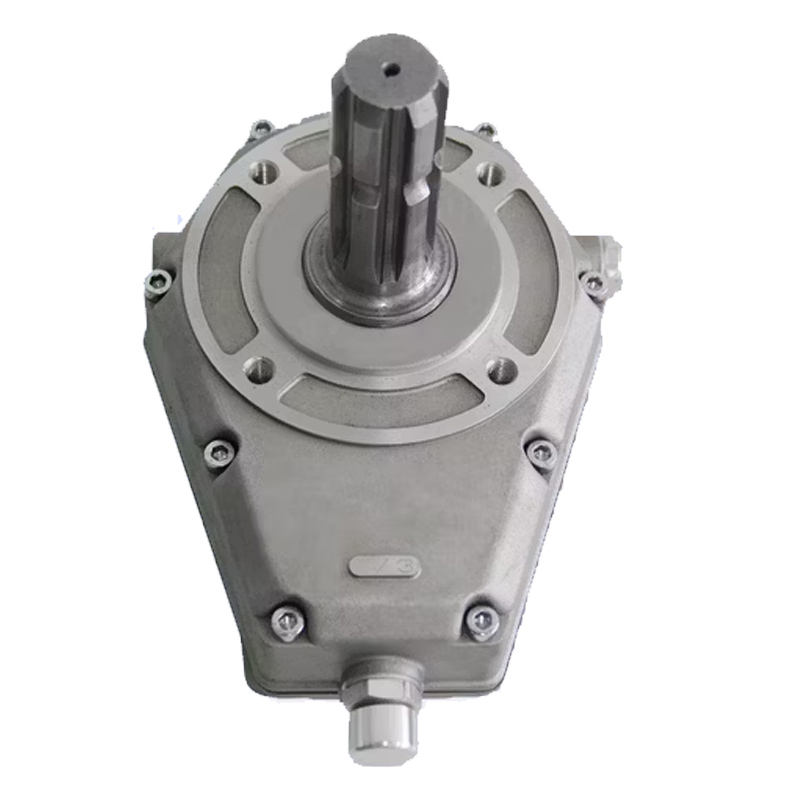A Vacuum Pump is a device used to remove gas molecules from a sealed volume, creating a partial vacuum. This equipment is essential in various industries, including manufacturing, medical, and scientific research, for processes such as packaging, distillation, and freeze-drying. Vacuum pumps come in multiple types, each designed for specific pressure ranges and applications, ensuring optimal performance for different operational needs.
Our vacuum pump models are available in various specifications to meet diverse requirements. Below is a table summarizing the key parameters for our top models.
| Model | Flow Rate (m³/h) | Ultimate Pressure (mbar) | Power (kW) | Weight (kg) | Noise Level (dB) |
|---|---|---|---|---|---|
| VP-100 | 5.0 | 0.001 | 0.75 | 15 | 55 |
| VP-200 | 10.0 | 0.0005 | 1.5 | 25 | 60 |
| VP-300 | 20.0 | 0.0001 | 3.0 | 40 | 65 |
| VP-400 | 50.0 | 0.00005 | 5.5 | 70 | 70 |
What is the typical lifespan of a vacuum pump?
The lifespan varies based on usage and maintenance, but with proper care, our pumps can last 10-15 years in industrial settings. Regular oil changes and filter replacements are recommended to maximize longevity.
How often should I service my vacuum pump?
Servicing intervals depend on the operating hours and environment. For continuous use, we advise servicing every 3-6 months, including checking oil levels, cleaning filters, and inspecting seals for wear.
Can a vacuum pump handle corrosive gases?
Yes, certain models are designed with corrosion-resistant materials like stainless steel or special coatings. It's important to select the appropriate pump based on the specific gases involved to prevent damage.
What is the difference between oil-sealed and dry vacuum pumps?
Oil-sealed pumps use oil for lubrication and sealing, offering higher vacuum levels but requiring regular maintenance. Dry pumps operate without oil, reducing contamination risks and maintenance needs, though they may have slightly lower performance in some applications.
How do I choose the right vacuum pump for my application?
Consider factors such as required vacuum level, flow rate, operating environment, and compatibility with processed gases. Consulting our technical specifications table and seeking expert advice can help in selecting the optimal model.
What safety precautions should I take when using a vacuum pump?
Always ensure proper ventilation to avoid gas buildup, use protective gear when handling chemicals, and follow manufacturer guidelines for installation and operation. Regularly inspect for leaks and ensure electrical connections are secure.
Can I use a vacuum pump in high-altitude areas?
Yes, but performance may be affected due to lower atmospheric pressure. It's advisable to choose a pump rated for such conditions or consult with our team for adjustments to maintain efficiency.
What maintenance tasks are essential for optimal performance?
Key tasks include monitoring oil quality, replacing filters, checking for leaks, and cleaning intake ports. Keeping a maintenance log helps track service history and prevent unexpected failures.
